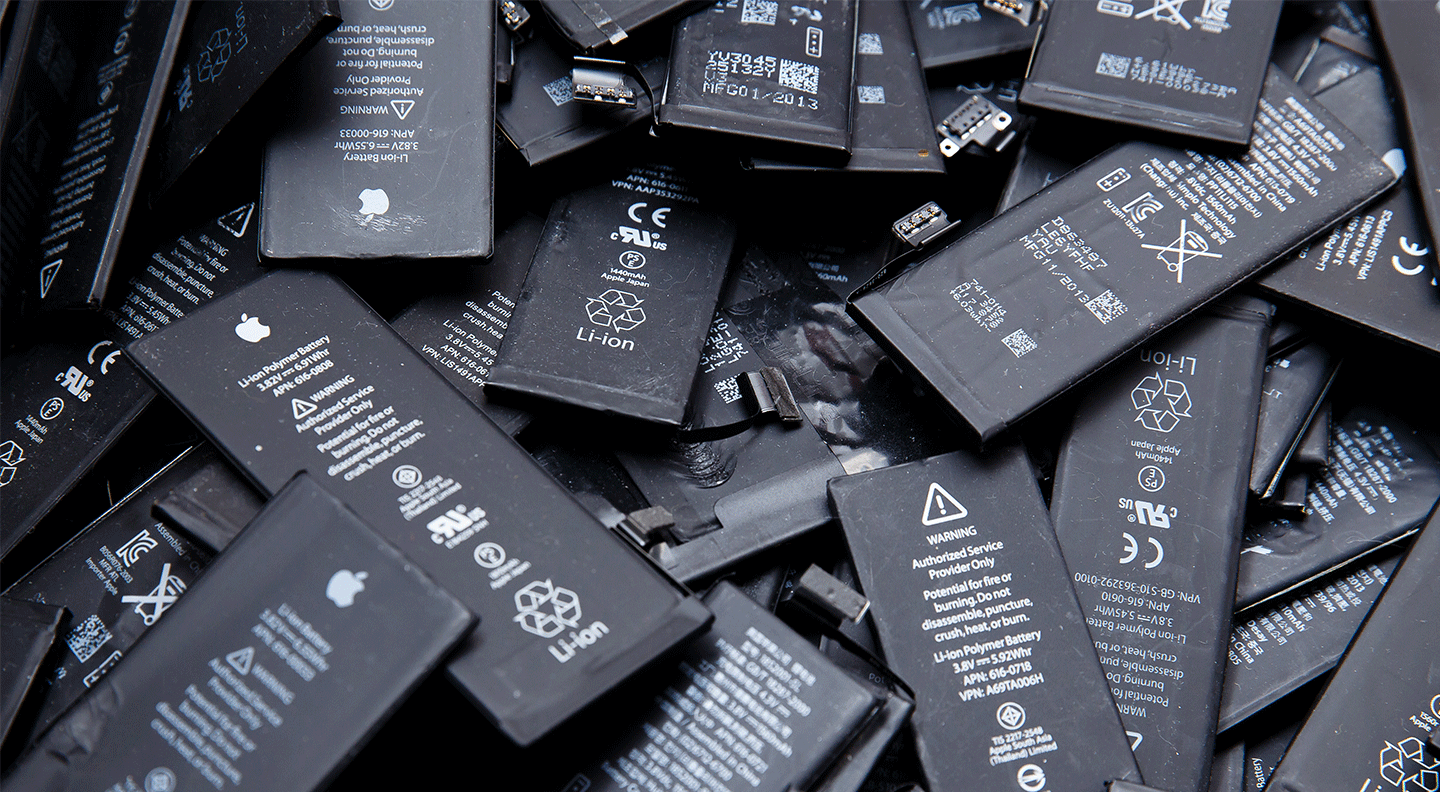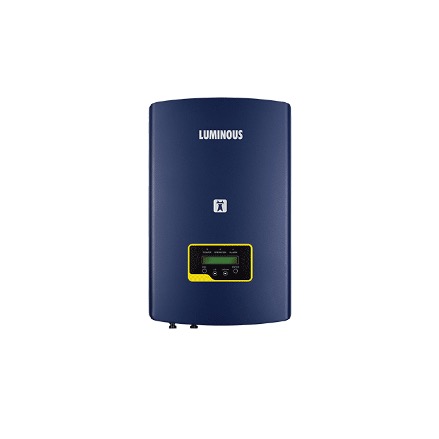Batteries are the source of power for a lot of our devices. We’ve had them widely available since the turn of the century and most of our modern electronics make use of them if they aren’t hooked up to a wall outlet.
However, batteries do not last forever and sooner or later, you’re going to end up with a dead battery that needs to be thrown out. The problem is, batteries are also very dangerous if mishandled, and can have highly adverse effects on people and the environment.
Naturally, if you want to dispose of your old batteries while making sure they don’t harm anyone, you have to do it properly. Cellphone and computer repair shops would do well to know how proper battery disposal takes place.
Different types of batteries
Batteries come in all shapes and sizes. Let’s start with the different cell types that are available.
Types of cells
An electrochemical cell, or ‘cell’ for short, is the main mechanism behind any standard battery. They are responsible for producing electricity through a combination of chemical processes that take place in them from different elements. While there are a number of different cells, we’ll be talking about the two most common ones used in the market today.
Wet cell
Wet cell batteries have a liquid electrolyte that produces a chemical reaction. These were the first types of batteries invented in the 1800s and still exist in some forms even today.
These batteries have plates of different metals immersed in liquids with which they react. The resulting chemical reaction can be harnessed for running devices that require DC power. A good example of wet cells are car batteries.
Dry cell
The dry cell battery was introduced towards the end of the nineteenth century. This type of battery uses electrolytes in the form of a paste. The resulting chemical reaction from the paste is what powers most DC devices.
With the dry cell, it became easier to transport batteries and use them conventionally. The modern-day application of dry cell batteries are the ones found in our TV remotes and cellphones.
Classification of cells
Batteries are constructed out of a variety of materials. All these materials have been designed to have an electrochemical effect that discharges a certain amount of electricity that can be used. When discussing the makeup of battery cells, there are generally two types of classifications they fall under.
Primary cell
Primary cells are batteries that are designed to be used once and discarded when they run out. These batteries are packed with chemicals that get used up due to chemical reactions going on within. Once the chemicals are gone, the battery stops producing power.
Primary batteries are considered to be highly hazardous because of the toxic heavy metals they contain. While they were fairly popular in the 80s and 90s, they are less preferred in modern times.
Secondary cells
Secondary cell batteries are more common in today’s world. These kinds of batteries can be recharged thanks to the reversible electrochemical reactions taking place within it. Secondary cell batteries are considered to be more costly initially, but can be used for longer and recharged inexpensively. This makes it great for using long-term.
Rechargeable batteries are typically made of materials such as lithium-ion, lithium polymer, nickel-cadmium, etc. These sorts of batteries are usually found in cellphones and laptops today.
Proper disposal of batteries
Now that we know what kind of batteries are out there conventionally, let’s talk about how to dispose of them.
Generally, every battery contains toxic materials and heavy metals that can be poisonous to human beings, animals, and the environment. This means that disposal needs to be carried out carefully. Throwing out your old batteries with the rest of the trash is a dangerous move. Luckily, there are a few convenient ways to dispose of them properly.
Single-use batteries
While modern single-use batteries don’t contain mercury and aren’t as dangerous as they used to be, disposing them in the trash is ill-advised. Instead, you should look into recycling options in your local vicinity.
Local communities are becoming a lot better at recycling waste, so checking in with your city or county officials on battery disposal is a good idea. Some communities may even run drop-off sites specifically designed to take batteries and such. You could also put the batteries in a clear plastic bag with your garbage, so that workers know to send them to the proper recycling channel.
Rechargeable batteries
Even though single-use batteries can be recycled relatively harmlessly, rechargeable batteries need to be disposed of with special care. These batteries contain toxic materials and should not be dumped in landfills.
For rechargeable batteries, contact your local recycling and garbage departments, or any retailers in the area who can point you in the right direction. These places have special equipment and processes to deal with rechargeable battery disposal, and the process is a lot different than regular waste. So make sure you don’t drop these batteries into bins meant to recycle bottles, cans and papers.
When disposing rechargeable batteries, make sure that you cover the terminals with some non-conductive clear tape, so that they don’t accidentally spark. Always place them in a safe bag and make sure that they do not crush.
Other practices that help
For repair shops and other electronics stores, taking care of batteries is an essential part of business. These stores can follow a couple of other practices that make it easier to recycle batteries.
- Take necessary precautions when disassembling devices with batteries. Wear gloves, safety goggles, and have a fire extinguisher nearby, just in case.
- Have a special container or dumpster that is used exclusively for wasted batteries. All batteries need to be deposited in it and kept in a safe, dry location.
- Make a record of all the batteries that you have or devices that have had their batteries replaced. Your repair shop management system can help with keeping track of which devices have had their batteries changed.
- Coordinate with your local recycling authority and arrange for them to pick up old batteries from you in a safe manner.
- Train your staff in proper battery disposal and safety management.
With proper safety and precautions, you can easily dispose of old batteries and recycle them without impacting the environment.






